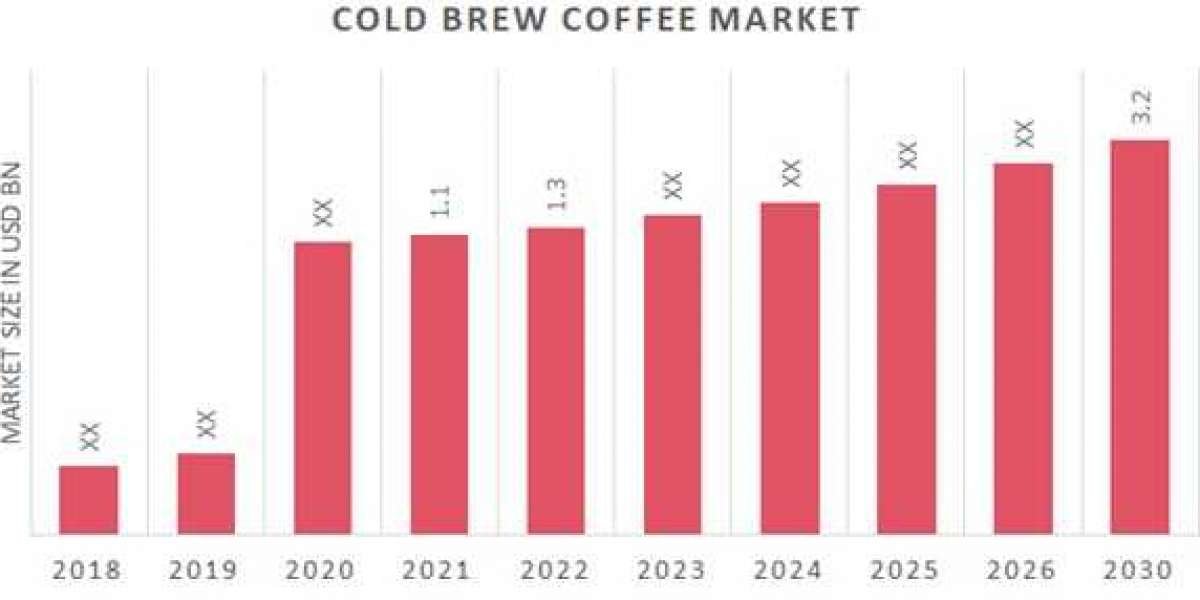The rental market is an ever-changing landscape, influenced by a variety of factors ranging from economic conditions and demand-supply dynamics to lifestyle shifts and urban development trends. For renters and landlords alike, understanding the current market trends, pricing, and strategies to navigate it can be crucial in making informed decisions.
If you're searching for a home for rent in Mississauga, you’re not alone. Mississauga, as one of Canada’s fastest-growing cities, has become a prime destination for renters seeking the perfect balance of urban amenities, suburban peace, and easy access to Toronto. In this article, we’ll dive deep into the trends, pricing patterns, and tips to help you navigate the current rental market—whether you're a renter looking for a place to call home or a landlord considering your rental options.
The State of the Rental Market in Mississauga
In recent years, Mississauga has been experiencing significant growth, both in population and infrastructure development. The city is now one of the largest in Ontario, with over 700,000 residents, and its proximity to Toronto makes it a highly desirable area for people seeking affordable housing options while still maintaining easy access to Canada's financial and cultural hub.
The demand for rental properties in Mississauga has been steadily increasing. As more people move to the city for work, study, or family life, the demand for housing has risen, placing pressure on the rental market. In fact, according to recent data from the Canada Mortgage and Housing Corporation (CMHC), the vacancy rate in Mississauga has been tightening, meaning fewer properties are available to rent, especially in the most sought-after neighborhoods.
Rental Market Trends: What to Expect
Understanding the current trends in the rental market can help renters make more informed choices and landlords set realistic expectations for their properties. Here are some key trends that are shaping the rental market in Mississauga:
1. Increased Demand for Rental Properties
The demand for rental units in Mississauga has surged over the past few years, particularly in areas with easy access to public transit, shopping, and amenities. The city is home to a diverse range of people, including young professionals, newcomers to Canada, and students from nearby educational institutions such as Sheridan College and the University of Toronto Mississauga campus. This has led to a rise in demand for both apartments and detached homes for rent in the city.
Furthermore, the rapid expansion of the Greater Toronto Area (GTA), along with the transformation of Mississauga into a vibrant, multi-use city, has made it even more appealing for renters. As the city becomes a hub for tech companies and multinational corporations, its rental market has become increasingly competitive.
2. Growing Popularity of Condo Rentals
Mississauga’s skyline is steadily changing, with new high-rise condos and apartment buildings cropping up in major neighborhoods like Square One, City Centre, and Hurontario. The popularity of condo living has increased in recent years, especially among younger renters looking for modern, low-maintenance spaces close to amenities and public transportation.
While renting a condo may come with slightly higher rent compared to older, low-rise buildings or houses, it offers amenities that traditional homes may lack, such as fitness centers, party rooms, and rooftop terraces. Plus, condo units often boast sleek modern finishes and top-of-the-line appliances, which are particularly attractive to young professionals who prioritize style and convenience.
3. Rising Rent Prices
As the demand for rental properties increases in Mississauga, so do rent prices. The city has seen steady increases in the cost of renting, particularly in the last few years. According to the most recent rental market reports, the average monthly rent for a one-bedroom apartment in Mississauga has surpassed $2,100, with two-bedroom units often exceeding $2,600 per month.
Rent prices can fluctuate depending on factors such as the property’s proximity to transit, amenities, and its overall condition. For instance, newer developments in popular areas such as Downtown Mississauga or near the waterfront tend to command higher rental prices due to the desirability of the location and modern building amenities. Similarly, homes for rent in Mississauga’s suburban areas may offer slightly more space for a lower rent price, but the cost of commuting or lack of access to public transport may be factors to consider.
4. Shift Towards Flexible Lease Terms
With the growing uncertainty of the pandemic and its impact on the economy, both renters and landlords are increasingly opting for more flexible lease terms. Many renters prefer to sign shorter-term leases (6-12 months) that allow them greater flexibility to move if their circumstances change. Similarly, landlords are becoming more open to negotiating the terms of their leases, particularly in the face of a competitive rental market.
Short-term rentals, furnished apartments, and month-to-month leases are also becoming more popular in the city. This trend is largely driven by remote work policies, which have allowed more people to seek flexible living arrangements. For example, a professional moving to Mississauga for a short-term project may prefer a fully furnished rental for six months rather than committing to a long-term lease.
Rental Prices in Mississauga: What to Expect
As mentioned earlier, rental prices in Mississauga are seeing an upward trend, but the specifics depend on various factors such as location, property type, and size. Below is a general breakdown of what you can expect in terms of rental pricing:
- One-Bedroom Apartments: Prices for one-bedroom apartments typically range between $1,900 to $2,400 per month, depending on the neighborhood and building amenities. Areas such as Square One or near the city’s transit hubs may have higher prices due to their central locations.
- Two-Bedroom Apartments: The average rent for a two-bedroom apartment is approximately $2,400 to $3,000 per month. Again, newer developments in sought-after areas will likely fall on the higher end of this price range.
- Townhomes and Detached Homes: Renting a townhome or detached house in Mississauga can be significantly more expensive, particularly in suburban areas. Rental prices for these homes generally range from $3,000 to $5,500 per month, with larger properties and those closer to major highways and public transit stations commanding higher rates.
- Condos: As previously mentioned, rental prices for condos typically range from $2,100 to $2,800 for a one-bedroom unit, while a two-bedroom condo can cost between $2,500 and $3,500 depending on its size and amenities.
Tips for Navigating the Rental Market
Whether you’re looking for a home for rent in Mississauga or seeking to rent out your property, here are some key tips to help you succeed in today’s rental market.
1. Start Your Search Early
Given the high demand for rental properties in Mississauga, it's essential to start your search early. This allows you to have a broader selection of available homes and better chances of finding a place that fits your budget and preferences. Starting the search early also gives you time to thoroughly research different neighborhoods, check out rental listings, and make informed decisions.
2. Set a Realistic Budget
It’s easy to get caught up in the excitement of finding a dream home, but it’s important to set a realistic budget before starting your search. Rent in Mississauga can be high, especially for newer condos or properties in prime locations. Be sure to factor in all potential costs, including utilities, parking fees, and any additional amenities or maintenance fees, when determining your budget.
3. Consider the Commute
While Mississauga is well-connected to Toronto, commuting can still take a significant amount of time, depending on where you live. If you are commuting to downtown Toronto for work, it’s worth considering properties near major transit hubs or highways, like those close to the Square One Bus Terminal or Go Transit stations. Living further from the city center might save on rent, but higher transportation costs or longer commute times can offset the savings.
4. Negotiate Lease Terms
Don’t be afraid to negotiate the terms of your lease, especially if you’re planning to rent long-term. Some landlords may offer incentives, such as a reduced rent for the first month or included utilities, in exchange for a longer lease term. If you're a responsible tenant with a good rental history, it’s worth asking about any flexibility in pricing or lease conditions.
5. Know the Rental Laws
Landlords and tenants in Ontario are both protected by specific rental laws, so it’s crucial to familiarize yourself with your rights and responsibilities. The Ontario Residential Tenancies Act governs rental agreements, and understanding the laws surrounding rent increases, deposits, eviction procedures, and maintenance responsibilities will help you avoid unnecessary surprises.
6. Consider the Amenities
If you're searching for a home for rent in Mississauga, be sure to take note of the building or community amenities. Access to gyms, swimming pools, or a pet-friendly environment could enhance your lifestyle and make a significant difference in your overall living experience. Amenities may come at a premium, so weigh the value they provide in relation to the rent you're paying.
Final Thoughts
Mississauga’s rental market is competitive, and prices are expected to continue rising as demand increases. However, by staying informed on current trends, setting a realistic budget, and using the right strategies, you can find a home for rent in Mississauga that fits your needs and budget. Whether you're looking for a modern condo, a spacious townhouse, or a cozy apartment, the city offers a range of rental options in its rapidly growing, dynamic neighborhoods.
With thoughtful planning and a little persistence, you'll be well on your way to finding the perfect place to call home in Mississauga. Happy renting!














